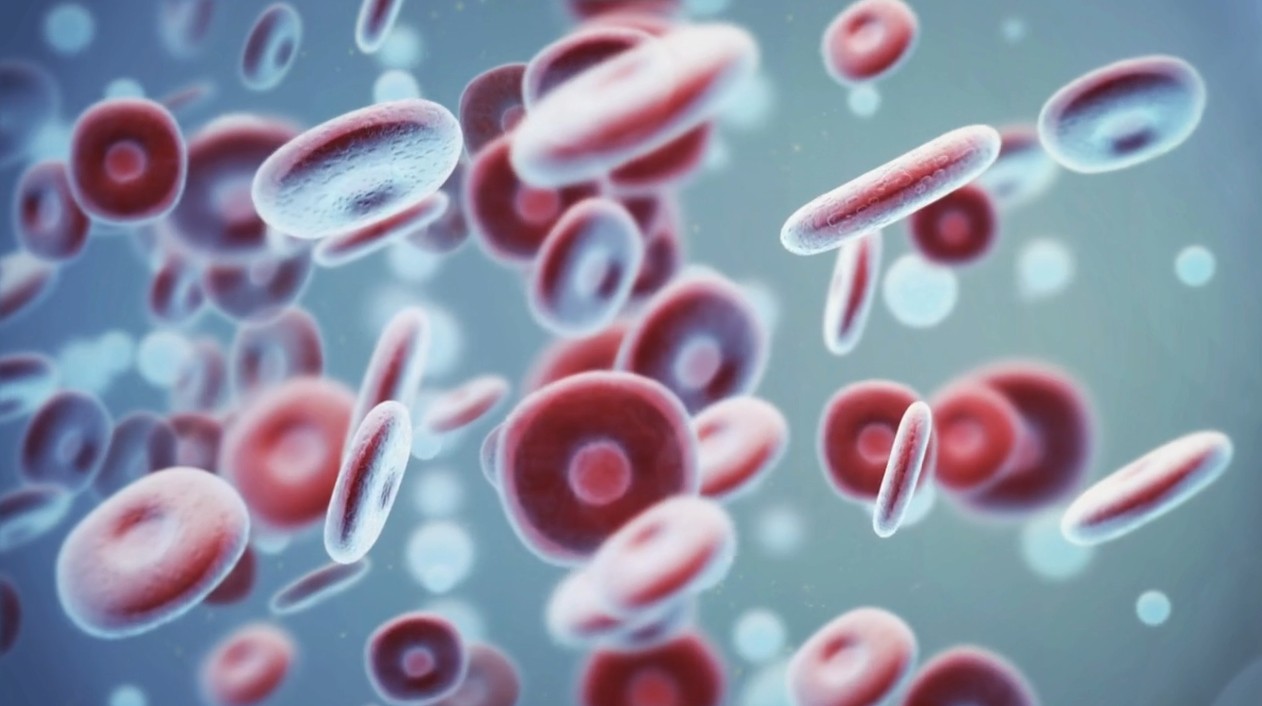Today I saw someone struggling with anemia due to chronic inflammation. It was a powerful reminder that anemia isn’t just about low iron or a vitamin deficiency. There are many different kinds of anemia, and each tells a unique story about what’s happening inside the body.
Although there are dozens of types, nearly every case of anemia fits into one of three broad categories:
1. Too little production of red blood cells
2. Too much destruction of red blood cells (hemolysis)
3. Blood loss
Understanding which mechanism is at play is the first step toward solving the problem.

The patient I saw today had anemia of chronic inflammation. Their iron was low, and so was their saturation and their transferrin, but their ferritin was sky-high, and their red blood cell size and volume was normal. This is a classic pattern that can happen because the body, in response to ongoing inflammation, locks away, or sequesters, iron.
Unfortunately, this also means your own red blood cells can’t get enough iron, even when there’s plenty stored. The result is fatigue, low energy, and a poor quality of life — despite ferritin levels that suggest “too much iron.”
This type of anemia is more common in people with autoimmune conditions, chronic infections, kidney disease, or cancer. Unlike iron deficiency, giving more iron doesn’t usually solve the problem. The key is to treat the underlying disease or inflammation, which will improve how the body handles iron.
Anemia is not just about numbers on a lab report. It’s about your energy, vitality, and the ability to live fully. When I see someone with anemia, it’s a reminder that our immune system, gut health, and inflammatory pathways all tie together.
If you’ve been told you’re anemic, ask the deeper questions. And most importantly, get to the root cause.
Because solving anemia isn’t just about raising your blood count — it’s about restoring your life.
Thank you watching. If you found this video helpful, please give it a thumbs up and subscribe to my channel for more valuable information about your health.
And remember to take good care of your body. It’s the only place that you have to live!
Why I Can’t Solve Your IBS on a Video!
Seattle: 206-264-1111
Los Angeles: 310-319-1500
Our WhatsApp: 206-791-2660
Copyright © 2024 IBS TREATMENT CENTER. All Rights Reserved
Lorem ipsum dolor sit amet, consectetur adipiscing elit. Suspendisse varius enim in eros elementum tristique. Duis cursus, mi quis viverra ornare, eros dolor interdum nulla, ut commodo diam libero vitae erat. Aenean faucibus nibh et justo cursus id rutrum lorem imperdiet. Nunc ut sem vitae risus tristique posuere.